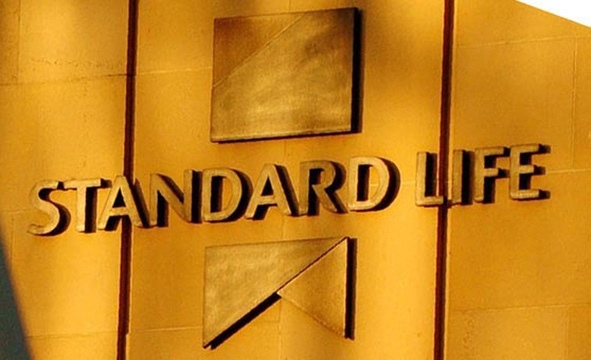Financial advisers says that disclosure of charges and services is the area of the RDR that they are finding most challenging complying with, according to a poll of Standard Life's 80 adviser account managers.
More than 44% of account managers, who have been working with many of the thousands of financial advisers Standard Life does business with to help them assess if they are RDR-ready, gave disclosure as advisers' number one concern.
Client agreements, that cover the new processes required post-RDR, such as funding adviser charges and the cancelling and reclaim of adviser charges, was given by 36% of account managers as the biggest concern among advisers. Charging model was given as the main concern by 20%.
Graeme Bold, director UK Retail RDR at Standard Life, an IFP sponsor, said: "There are many advisers who are well prepared for the RDR deadline but for those who are not there yet we're putting in place practical processes and support to help get them over the line.
"As part of this process to establish the pinch points, we've found the most common concern for advisers awake is explaining their new charges and what services they relate to, as well as illustrating how advice charges impact investment returns.
"Advisers must have a clear process in place to explain adviser charging to existing as well as new clients, and this is an area some are finding hard to communicate. We've also found that even those advisers who had thought their business model was already RDR-compliant are discovering areas where they are needing to make changes."
Advisers who have not got the relevant documents in place, such as client agreements and menu of charges, should speak to their service provider or network, or contact a compliance expert.
Russell Facer, compliance director at adviser consultancy business threesixty services, said: "During the last couple of months we have seen a big increase in firms looking for support with the documentation required under RDR (such as client agreements, and menus of services and charges), as advisers realise that the documents they currently use don't hold up to scrutiny under the new rules.
"It's not just a question of replacing commission or fee terminology with 'adviser charging'. The new regime requires wide-ranging disclosure and transparency of exactly what a client can expect in terms of advice and service, and how much each element will cost.
"There's also a recognition that having the right documentation and process in place is critical to maintaining high levels of client satisfaction with advisors, and the quality of service on offer."

